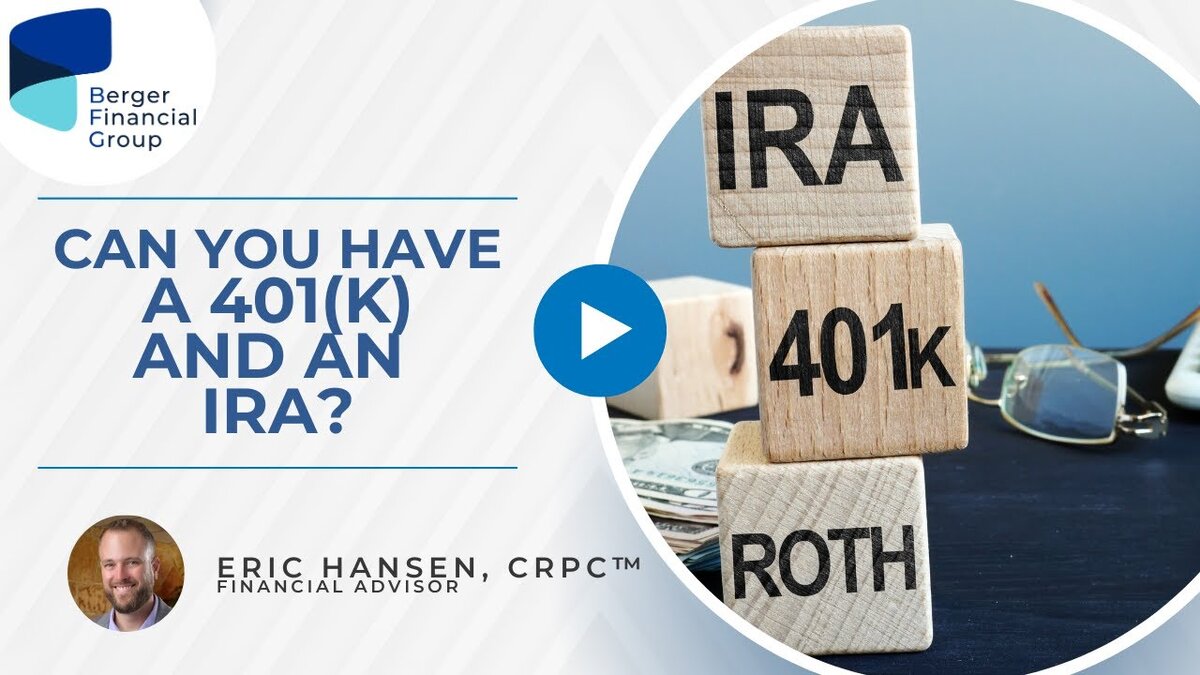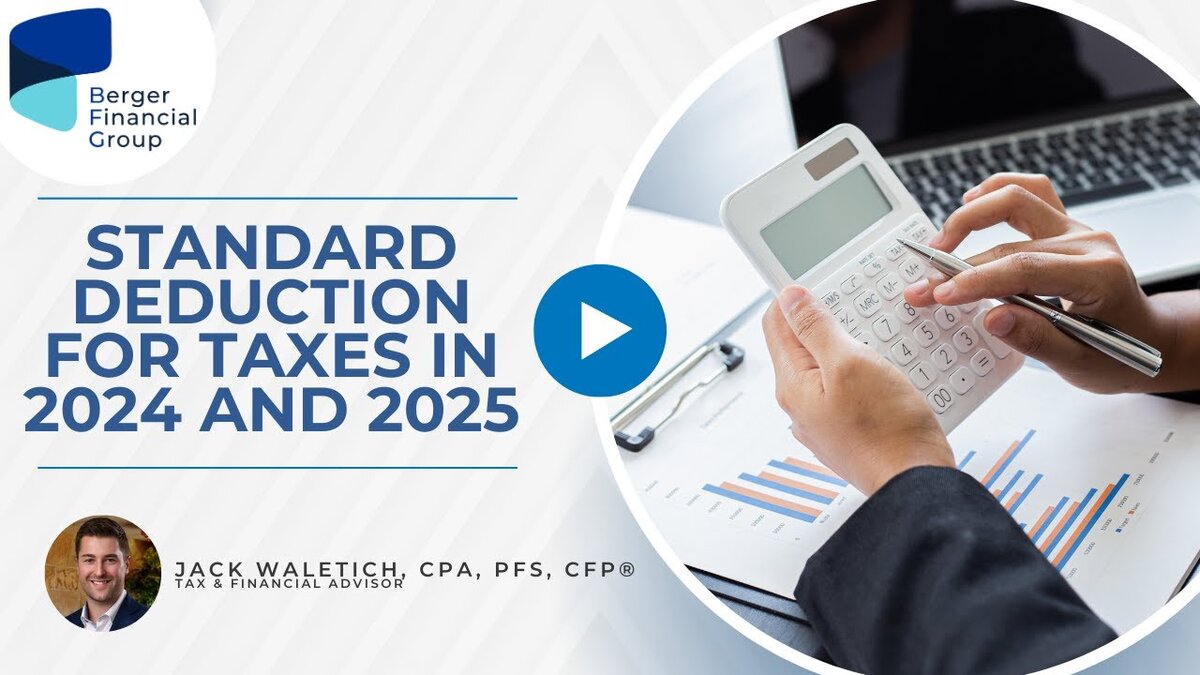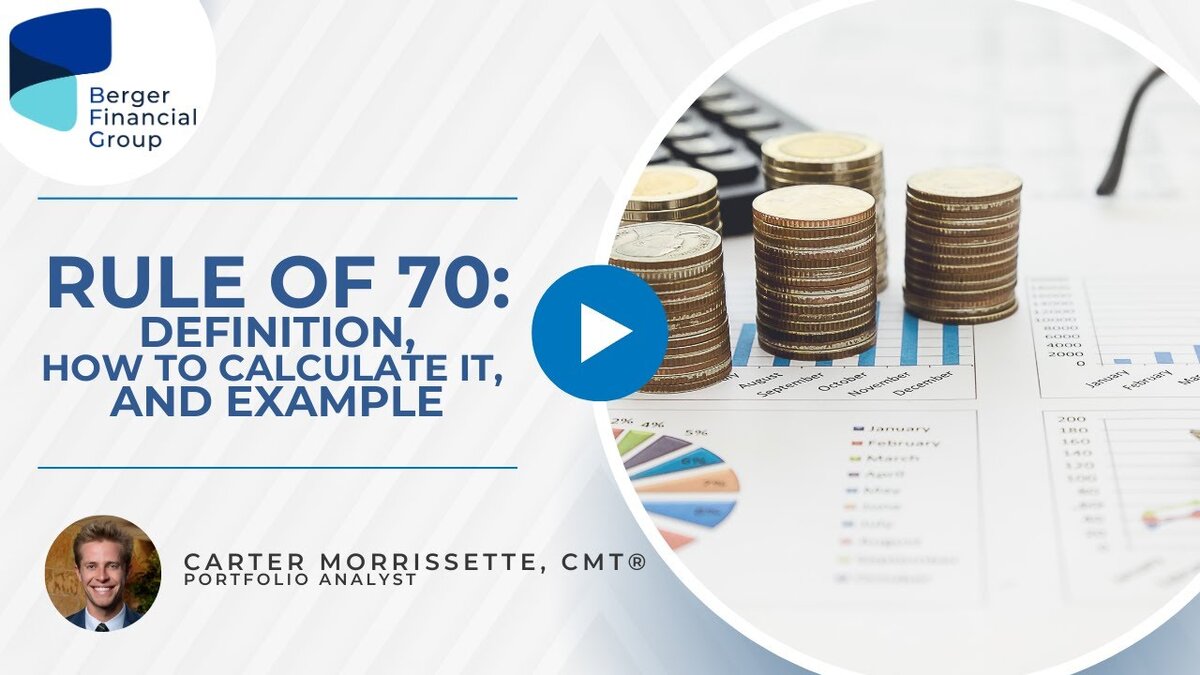Retirement brings a sense of freedom, but with it comes the crucial question: How much income can you earn without paying taxes? Understanding the intricacies of tax laws is essential to making the most of your retirement years and ensuring your hard-earned money stays in your pocket. Let’s explore how you can navigate through your retirement income without getting taxed.
Understanding Taxable Income
Adjusted Gross Income (AGI)
Your Adjusted Gross Income (AGI) is the starting point for determining your taxable income. It includes all income sources such as wages, dividends, capital gains, and distributions from pensions or tax-deferred IRAs. Ensuring your AGI remains below certain thresholds can be a strategic way to manage your tax liability.
Social Security Benefits
Social Security benefits can be a significant part of your retirement income. However, up to 85% of these benefits may be taxable depending on your overall income. For instance, if your combined income (AGI plus non-taxable interest plus half of your Social Security benefits) exceeds $25,000 for single filers or $32,000 for married couples filing jointly, you will owe taxes on your benefits.
The Impact of Deductions
Standard Deduction
For 2024, the standard deduction is $14,600 for single taxpayers and $29,200 for married couples filing jointly. If you are over 65, you can receive an additional deduction of $1,950, or $3,900 if both spouses are over 65. These deductions play a crucial role in determining how much income you can earn without paying taxes.
Itemized Deductions
If your itemized deductions exceed the standard deduction, you can reduce your taxable income even further. Common itemized deductions include medical expenses, state and local taxes, mortgage interest, investment interest, and charitable contributions. It’s essential to keep track of these expenses to maximize your deductions.
Real-Life Example
Imagine you and your spouse are both over 65 and have an adjusted gross income of $33,100. With the standard deduction for a married couple over 65 being $33,100 ($29,200 plus $3,900), your taxable income would be zero, resulting in no federal income tax owed. This example illustrates how managing your AGI and taking advantage of deductions can help you earn without paying taxes.
Tax Planning After Retirement
Short-Term and Long-Term Savings
Effective tax planning is vital in both the short and long term. In your low-income tax years, careful planning can lead to significant savings. Consider consulting with a tax advisor to explore strategies tailored to your financial situation. They can help you optimize your income sources and deductions to minimize your tax liability.
Medical Expenses and Charitable Contributions
Medical expenses can be a significant deduction, especially as healthcare costs rise with age. Similarly, charitable contributions not only benefit the community but also reduce your taxable income. By strategically planning these expenses, you can make the most of your deductions and potentially avoid paying taxes on your retirement income.
The Role of State Taxes
State taxes can vary significantly, and some states offer additional benefits or exemptions for retirees. It’s crucial to understand the tax laws in your state of residence and factor them into your overall tax planning strategy. Some states may not tax Social Security benefits or offer deductions on other retirement income.
Conclusion

Navigating the complexities of retirement income and tax laws can be challenging, but understanding how much income you can earn without paying taxes is essential for financial planning. By managing your AGI, maximizing your deductions, and consulting with a tax advisor, you can enjoy your retirement without the burden of excessive taxes. For personalized advice and strategies, contact Berger Financial Group today.






